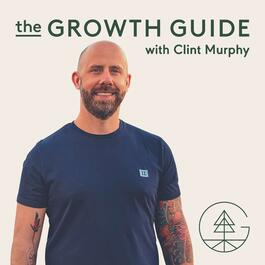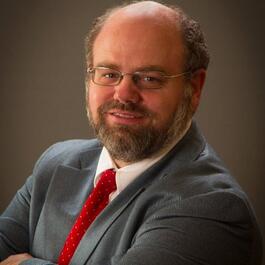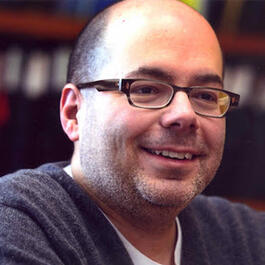
Uncovering Scams and Deceptions with Christopher Chabris
Christopher Chabris is a cognitive scientist who has taught at Union University and Harvard University. His research focuses on decision-making, attention, intelligence and behavior genetics. Christopher received his Ph.D. in Psychology and A.B. in computer science from Harvard University. He joined us today to talk about the book he co-authored, Nobody"s Fool: Why We Get Taken In and What We Can Do About It. Join us as we dissect the complexities of belief, deception, and human psychology. [10.08] Willing suspension of disbelief – Christopher defines willing suspension of disbelief and how the position of belief can get us into trouble. [14.12] The illusory truth – We dive into how we mistakenly attribute qualities such as credibility, truth, and trustworthiness to things like familiarity and recognition. [24.12] Using AI – Artificial intelligence and its current usage. [32.27] Survivorship bias – Christopher explains what survivorship bias is with some examples. [38.18] Opinions - Opinions come a lot easier than justifications. We talk about the famous saying, ‘The work required to have an opinion.’ [48.10] Predictions – We dive into predictions, outcomes, and the effect predictions have on people. [51.27] Consistency – Consistency and what happens when it’s impossible. [01.07.25] Dealing with scams – Christopher shares how to identify if you are working with a scam and how to stay safe from them. Resources Connect with Christopher LinkedIn - linkedin.com/in/christopherchabris/ Twitter - twitter.com/cfchabris Website - chabris.com/ Book by Christopher Chabris Nobody"s Fool: Why We Get Taken In and What We Can Do about It Book by Duncan J. Watts Everything Is Obvious: How Common Sense Fails Us Book by Michael Shermer Conspiracy: Why the Rational Believe the Irrational
From "The Growth Guide: Self-Improvement | Greatness | Impact | Creators | FI |"




Comments
Add comment Feedback